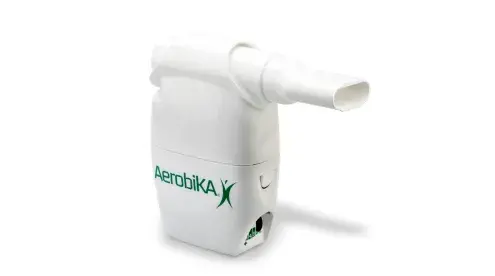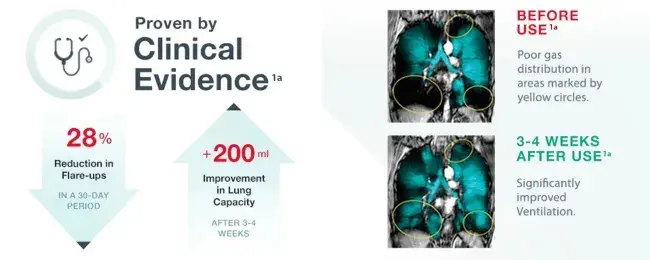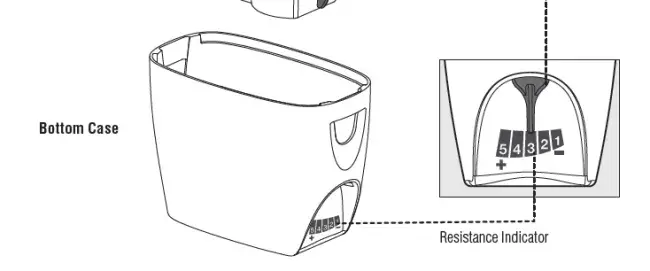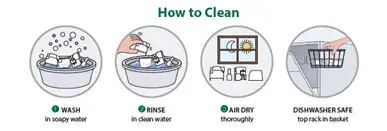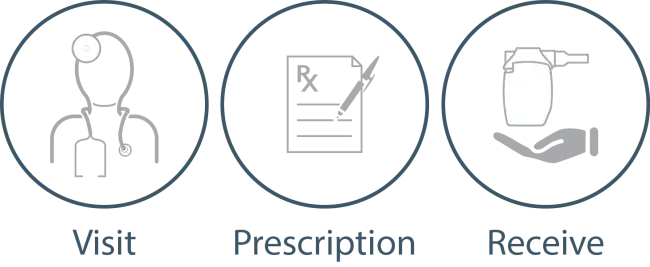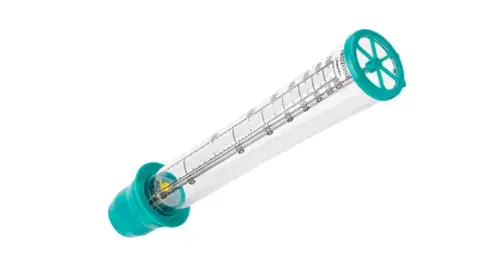There are a number of ways AEROBIKA* OPEP device can be obtained by hospitals of clinics in the UK. These are outlined below. Please contact info@trudellmedical.co.uk for further help and information.
Purchasing AEROBIKA* OPEP device for a Hospital or Clinic
There are potentially two ways of purchasing AEROBIKA* OPEP device for a hospital or clinic.
- From AAH pharmaceutical wholesalers via your pharmacy department or
- Directly from Trudell Medical UK Limited, providing a direct account has been set up
AAH Wholesaler through the Pharmacy Dept.
Below are the order codes for AEROBIKA* OPEP device for AAH and for purchasing directly from Trudell Medical UK Limited.
| Description | Product Code | AAH Code | PIP Code | Available on Prescription | NHS List Price per unit | Units per Case | Price per Case |
| AEROBIKA* OPEP device | 11050169010 | AER94A | 406-0067 | Yes | £45.50 | 10 | £455.00 |
| AEROBIKA* OPEP Device with Manometer | 11050491010 | AER95T | 406-0323 | No | £55.00 | No | £550.00 |
Orders for delivery to a hospital pharmacy/AAH account delivery point, can be placed through the national wholesaler AAH: Hospital Customer Services Tel: 0344 561 6699. Orders are subject to 20% VAT. Delivery is free of charge and start at a single unit.
Direct Purchase from Trudell Medical UK Limited
If you require deliveries to a specific place in the hospital or clinic, then you may prefer to set up an account with Trudell Medical UK Limited and order from us directly. It can take 7 – 10 days to set up a direct account with Trudell Medical UK Limited. However, once set up, order to delivery takes about a week.
Minimum order is for one whole case. Each case contains ten AEROBIKA* OPEP units. Orders are subject to 20% VAT and £5.00 delivery charge. Delivery fees are waived for orders of two cases or more.
If you would like to set up a direct account with Trudell Medical UK Limited, please contact us and we will direct your application to the correct member of our team.
